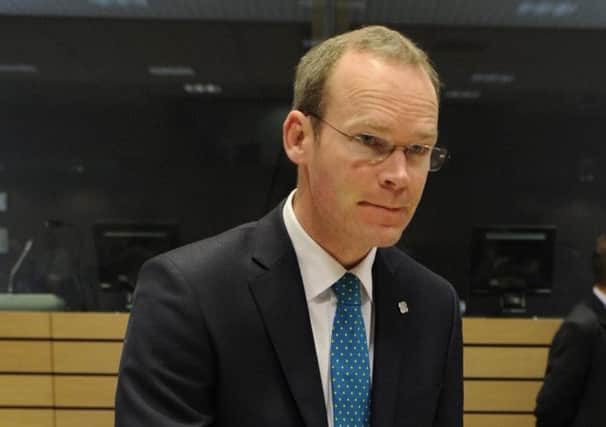Ireland to cash in on global agriculture demand


Food and drink exports from Ireland have increased by 40 per cent in value over the past four years in the midst of the recession and the Irish government is investing heavily in helping farmers adopt the latest science and technology to become more efficient to compete on the world market.
“An extra 150 million people are moving into the middle class every year globally and are demanding a change of diet,” Coveney told 500 farmers from across the world at the 30th anniversary conference in Dublin of animal feed specialists, Keenan Systems. “That means red meat, dairy products and seafood. It means that what we produce in Europe better than anywhere else in the world will be in increasing demand. It will provide extraordinary opportunities for businesses in terms of food output but also extraordinary political challenges if we fail to meet that demand.”
Advertisement
Hide AdAdvertisement
Hide AdThe concept of limiting milk production through a quota system was, he said, “yesterday’s thinking”. Global demand for dairy products was increasing by 2 per cent a year while output was rising at only 1.1 per cent. The world would have to produce 50 per cent more food in value terms over the next 20 years to feed a growing world population and an affluent sector which even in Africa was set to quadruple.
Coveney, who led the negotiations on reform of the common agricultural policy last year during Ireland’s presidency of the EU, said the negotiations were all about asking honest and hard questions as to how agriculture fitted in to the global challenges of food security, climate change, energy security and efficient land use to enable farmers to maximise their natural resources.
“We now have a policy at European level, and budgetary certainty, to allow member states to adopt policies to support food production for the next seven years,” he said. “We need to use that certainty to do what we are currently doing an awful lot better.”
The Irish government is introducing policies to measure and certify the carbon footprint of the country’s 36,000 beef farms and 17,000 dairy farms and providing support for farmers to DNA test all animals to help select for improved performance.
Food and drink accounts for 40 per cent of Irish exports with dairy products the third biggest export earner and soon to become second.